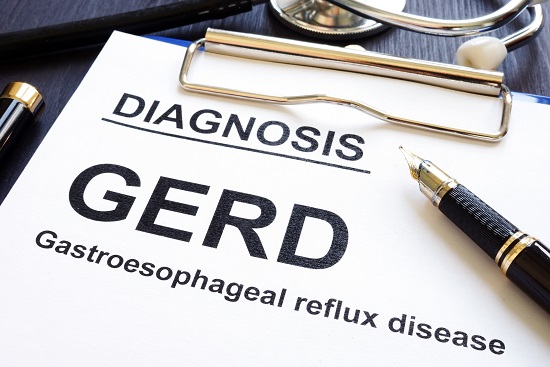
GERD, also known as acid reflux, is a chronic digestive disorder where contents from the stomach flows back into the oesophagus (food pipe). This reflux action can cause irritation and tissue damage to the oesophagus. The acid may also irritate the vocal cord or trigger lung inflammation.
The primary cause of GERD is dysfunction of the lower oesophageal sphincter (LES), which normally keeps stomach acid from rising up into the oesophagus. Factors that can weaken or relax the LES include:
The most common symptom that GERD produces is heartburn. Typically, a burning sensation of the chest that spreads from the stomach to the throat is felt. Other GERD symptoms include:
Treatment of GERD varies depending on the severity of the condition. Lifestyle changes for those suffering mild GERD symptoms include:
For moderate and severe symptoms that do not improve with lifestyle changes alone, medical treatment may be necessary. A common treatment is the use of Proton Pump Inhibitors (PPIs), which reduce the amount of acid produced by the stomach.
These medications are typically prescribed for a course of 4 to 8 weeks, depending on the severity of your symptoms. If symptoms return after stopping the medication, it is crucial to revisit your GP. Ongoing symptoms may require a long-term prescription.
If medications are ineffective or your symptoms are severe, your doctor may refer you to a Gastroenterology specialist for further evaluation:
At Gleneagles Hospital Penang, we are dedicated to providing thorough diagnostic and treatment options for Gastroesophageal Reflux Disease (GERD) and severe acid reflux. Our experienced specialists offer personalised care to help you manage symptoms, improve your quality of life, and prevent long-term complications. Whether you require lifestyle guidance, medication, or advanced treatments, Gleneagles Penang supports your journey to better digestive health.
Contact us today to schedule a consultation and take the first step toward effective GERD management.

Wait a minute

Wait a minute